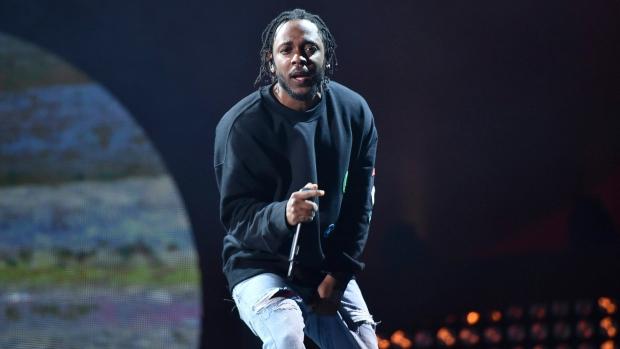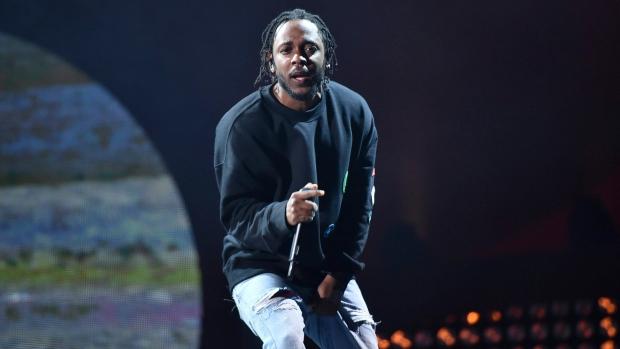facebook.com
One of the greatest years in hip-hop history was 1999. Mos Def (“Black on Both Sides”) and The Roots (“Things Fall Apart”) delivered their respective magnum opuses. Dr. Dre’s aptly-titled “2001” was ahead of its time, as was the debut from his latest protege, Eminem. Method Man and Redman dropped “Blackout!,” Jay-Z released “Vol. 3,” and the first-ever Coachella Music Festival shoved DJ Shadow and some other scratchers into its two smallest tents.
Hip-hop has been disparaged in a myriad of ways. It’s been “dead.” It’s been “pop.” It’s been “violent.” It’s been “not music.” But even when it was “not music,” it has never really been “music.” It has always been separate.
“Andre 3000 is really talented, for a rapper.”
“Illmatic is my favorite rap album.”
It has had ups and downs, as has every genre. The difference is that hip-hop has been kicked while down without being lifted while up.
When rap has been praised, it has generally been backhanded. A Tribe Called Quest was “jazz rap.” Mos Def was “alternative rap.” The less rap you are, the more value your music holds.
Coachella has changed drastically, though incrementally, since its inaugural weekend. Mos Def and The Roots found their way into the lineup by 2001. Kanye West and Common became the first rappers to take the main stage in 2006.
West became the first Sunday night headliner in 2011, though he had to share the honor with the Strokes. The next year, Dr. Dre and Snoop Dogg were the sole festival closers, an honor they decided to share with their dead friend, Tupac.
While this could have been seen as a seminal moment, there was something somber about it. Was rap in such a dire place that it needed to bring out holograms of its late stars in order to get top billing?
Truthfully, the outlook was less dark. Hip-hop had entered an upswing around that time, coming of a decade in which most rap was either uninspired songs about dance moves or half-hearted attempts at reviving the genre’s golden age. Dre might have brought back Pac, but the next generation was letting go of its ghosts.
Coachella’s 2017 lineup honored those game changers. There was Future, who has turned the mid-2000s crutch of auto-tune into a tool. There was Schoolboy Q, who’s Black Hippy quartet has led a revolution in fresh flows, styles and subject matters—a movement that carried Danny Brown, Odd Future and even, in a strange way, Drake to the critical forefront.
The next generation was also present. There was Travis Scott, a reconstructor of traditional song structure. There was Lil Uzi Vert, who, like Young Thug before him, has mixed a modernized southern production aesthetic with Lil Wayne-esque vocal play, flow dexterity and free association.
However, it isn’t as if Coachella went out of its way to pay respect to the genre. Rather, hip-hop is what people are listening to. The aforementioned rappers, along with many others, litter the Billboard Top 100. Hip-Hop had a strong showing on the charts 10 years ago, too, but the artists that sold were not nearly as musically interesting or critically acclaimed as today’s stars.
The music is better and selling more, but the former is not the exclusive cause for the latter. Good music can still go unrecognized, especially when there are prevailing social assumptions that a genre isn’t on the same plane as others in terms of artistic viability. Those assumptions, clearly, are dissipating.
That shift spreads across all art forms. The year’s top-grossing and most-acclaimed movie is Jordan Peele’s “Get Out.” Donald Glover’s “Atlanta” won the Golden Globe for Best TV Comedy. Whether or not this means anything tangible about where we are heading as a society, it is an undeniably-good thing that hegemony and art are going their separate ways.
Five years after Dr. Dre’s set, Kendrick Lamar graced the stage on Coachella’s final night. The difference is that Lamar released “DAMN.” less than a week prior, and every single song off the album has moved into the Billboard Top 100 since.
The other difference is that Lamar was preceded by Scott, Uzi, Schoolboy, Future, Mac Miller and Gucci Mane. DJ Shadow appeared in the same time slot as he did 18 years earlier, but this time he was the oldest hip-hop act with the earliest set, rather than the youngest with the latest.




































